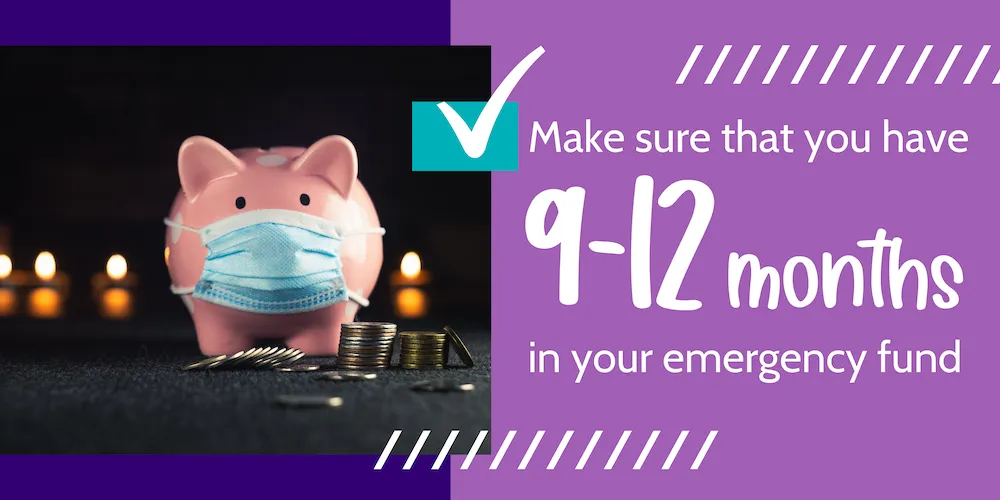There have been tough times for some Singaporeans. The Covid-19 pandemic has been a big factor, with those working in some industries worried, or dealing with unemployment.
Others have been affected to the point of looking at career change, due to the psychological fallout or personal reasons.
Then comes in key word: Finances. Familial responsibilities and financial obligations will certainly weigh on your mind during these lean moments, which only leads to more stress in an already worrisome period of life.
Fret not; we’ve pulled together some smart budgeting tips, as well as monetary matters to consider and plan for, so that you can pull through financially tough times.
Helpful tips to help with money during career transitions
- Plan ahead to stretch your budget
- Track your daily expenses
- Consider traineeship and internship schemes for some income
1. Plan ahead to stretch your budget
First things first — work out how much money you need each week, and assess how long your savings will cover your living expenses.
Ensure that you set aside sufficient money to cover the monthly household budget and personal expenses, such as your mortgage, car loan and children’s education. Financial experts recommend a conservative estimate of nine to 12 months of savings for an emergency fund.

So if you find yourself struggling to make your savings last for this period, it’s time to start tracking your daily expenses and seeing where you can make small compromises every day.
2. Track your daily expenses
Most of us worry about heavy financial obligations, but few of us come up with a plan to cut back on our spending.
Create a budget spreadsheet to track every single cent that goes out of your pocket. Or you could use free personal finance apps like Toshl Finance or Singapore’s very own Seedly for this.

Cut out unnecessary expenses such as lavish dinners and luxury items. Then, take control of your everyday expenses, such as your mobile phone and utility bills.
For example, be careful not to bust the data limit on your mobile phone — this can add as much as $50 to your monthly bill!
3. Try paid attachments and internships, while you job hunt for some income
If you’re exploring a mid-career switch in your 40s, check out the Mid-Career Pathways Programme.
It gives mid-career individuals a chance to explore new industries and gain in-demand skills while preparing for more permanent jobs in the future.
The programme even offers a training allowance between $1,600 to $3,800, with the government covering up to 70% of the allowance!
Other alternatives also include taking up part-time work, volunteer opportunities or freelance work while you search for a job, as these add immense value to your resume.
4. Everyone needs a helping hand from time to time
If you or your family member can’t find a job or work for a period of time, there are also financial assistance schemes for a temporary period.
ComCare may be able to help if you or your family member:
- Are looking for work or temporarily unable to work due to illness or have to care for children, elderly or other dependants;
- Have little or no family support, savings or assets to rely on for your daily needs;
- Are a Singapore Citizen or Permanent Resident (at least one immediate family member in the same household must be a Singapore Citizen; and
- Have a household income of $1,900/month and below, or a per capita household income of $650/month and below.
Even if your income exceeds these guidelines, you can still approach the Ministry of Social And Family Development’s Social Service Offices (SSOs). Head to your nearest Social Service Office (SSO) to find out more.
Last, but certainly not least, here’s a list of stories you can read to learn more about managing your finances!

Start Off the New Year With Good Money Management Habits!
Saving Tips: 5 S’poreans Share How They Manage Their Finances
How to Save Money: Tips to Better Manage Your Expenditure
Why Investing in Employees’ Financial Literacy is a Win-Win Situation for Companies and Employees
Finance 101 for Fresh Grads: Budget Tips When Starting Your First Job
Manage Your Money for Better Work-Life Balance: 5 Quick Budgeting Tips for Professionals















